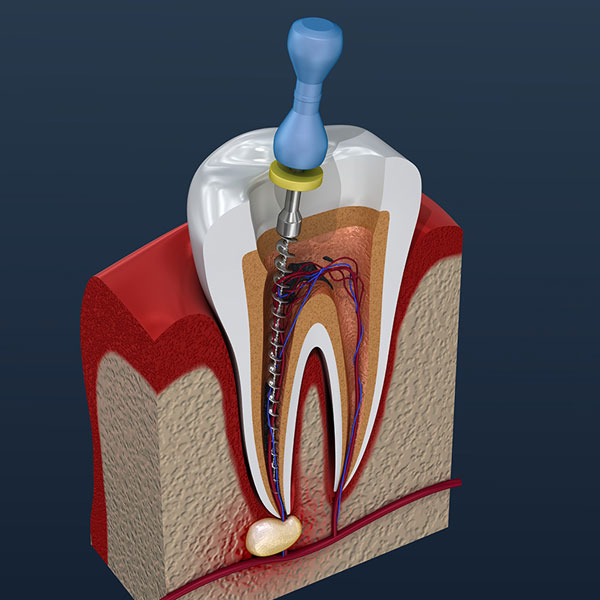New research shows that exercise can help relieve some of the symptoms of depression. Researchers have found that people improve their symptoms after 30 minutes of exercise. Experts say that exercise increases blood flow and oxygen can affect neurotransmitters and chemicals that can cause depression. According to two recent studies, just 30 minutes of exercise can significantly reduce the symptoms of depression. At least temporarily increase the benefits of therapy sessions.
We did these studies to gain a better understanding of the short-term effects of exercise and how we might be able to make the best use of it for adults with depression.
Researchers have found a link between depression and exercise:
In the study, the research team recruited 30 adults who experienced major depressive episodes. Participants completed the electronic survey before, halfway through, and after the 30-minute moderate cycling session, and then 25, 50, and 75 minutes later.
People who cycled during the first lab visit came back a week later to repeat the experiment, but after sitting for the first 30 minutes, the second group also reversed the exercise routine to relax. After these sessions, participants completed the survey with standard questions and scales used to measure the symptoms of depression.
May increase the benefits of therapy:
Results suggest a window of time after exercise when a person with depression can better perform psychologically or cognitively demanding tasks, such as going for tests or therapy. The mayor and team conducted a separate pilot study to see if this effect could work to maximize the long-term benefits of therapy.
It involved ten participants, half of whom exercised independently for half an hour at moderate intensity (cycling, jogging, walking) before signing up for one hour of virtual cognitive behavior therapy (CBT) each week. The other five participants maintained their regular activities during the week prior to therapy.
A little exercise every day can bring great benefits:
“The biggest benefit is that while we know exercise has many hearts and physical health benefits,” Meyer said. “It has more psychological benefits than just one session.” He also says that exercising just once can reduce the severity of major depressive symptoms and change the “way you look at the next few hours.” The mayor concludes that “how to map people’s days compared to exercise, even the smallest of intensity, can have a significant impact on their health and daily activities.”
Depression can “rejuvenate” the brain:
“Exercise is known to be beneficial for depression,” said Dr. Alex Dimitrio, a Double Board-certified psychiatrist and sleep therapist and founder of Menlo Park Psychiatry and Sleep Medicine and Brain Food MD. “In my practice, for anyone suffering from depression or anxiety, I recommend SEMM – improving daily sleep, exercise, Mediterranean diet, and meditation.” He noted that exercise can benefit cognition and depression by increasing blood flow to the brain and developing new neurons, which can help the brain, which is trapped in stress, “get back on track”.
Patricia Haynes, Ph.D., an associate professor at the University of Arizona Mail and Enid Zuckerman College of Public Health, said that increased blood flow and oxygen due to exercise can affect neurotransmitters and other chemicals that cause anxiety, Controls anxiety, reward, and pain. ” He added that exercise also improves self-esteem and body image, increases outreach, and creates social opportunities. “All of these things can boost our mood,” Haynes said.
It can be difficult to start a new way of exercising when you are depressed. Exercise may feel uncomfortable at first, or you may view exercise negatively and avoid exercise in the future. “One of the alternatives is to give yourself credit for the big step you take in exercising,” Haynes suggested. “Trying out new and challenging activities is especially difficult when you’re in a bad mood.”
Summary:
Recent research has shown that even 30 minutes of exercise can provide significant short-term relief from the symptoms of depression and even improve our response to treatment. Experts say that this may be due to changes in brain chemistry due to increased oxygen and exercise. He also says that even a little exercise during the day can strongly affect our sense of well-being. For more information or for an assignment regarding depression, kindly contact us. we are available 24/7.








Leave a Reply